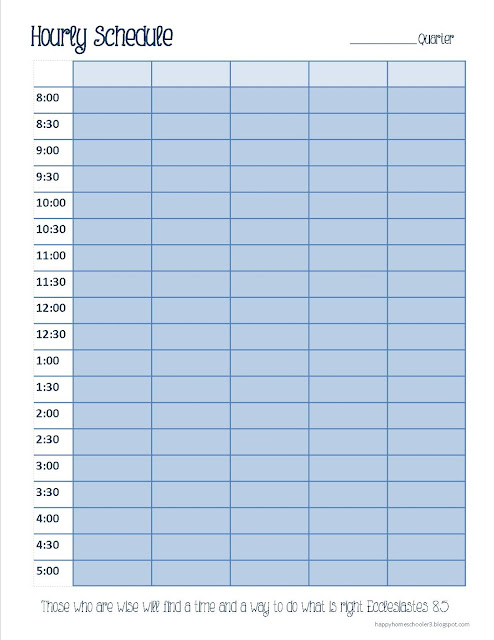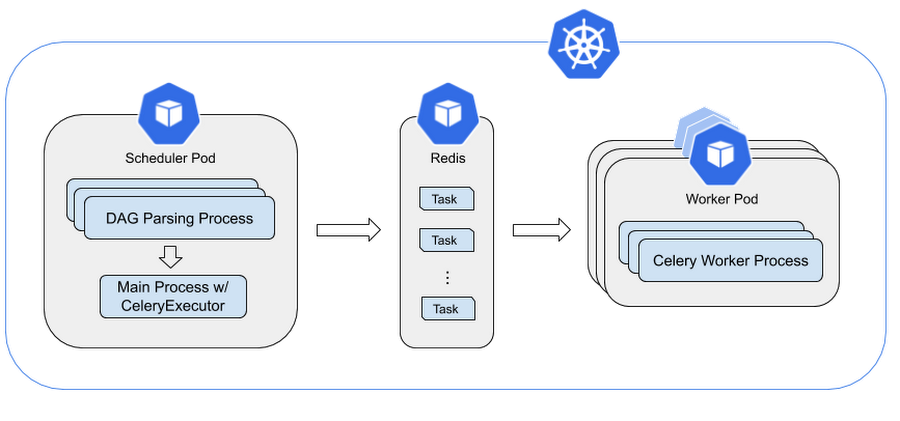
Please take note that I’m in Thailand and I have to consider about the Timezone gap between my local timezone and Airflow’s timezone which is UTC0. So if I’d like to execute on 16:XX, I have to set the as 15:XX(15:00–15:59). It will use the configuration specified in airflow.cfg,Next, I’ll apply the both and also into DAG file and then will deploy the DagBag. To kick it off, all you need to do is execute airflow scheduler. In other words, the job instance is started once the period it covers has ended.,Let’s Repeat That The scheduler runs your job one schedule_interval AFTER the start date, at the END of the period.,The Airflow scheduler is designed to run as a persistent service in an Airflow production environment. Note that if you run a DAG on a schedule_interval of one day, the run stamped will be trigger soon after T23:59.
AIRFLOW SCHEDULER DAILY AT CERTAIN HOUR HOW TO
How to configure the Airflow dag to execute at specified time on daily basis no matter what happens, something exactly like crons.,So how to make sure that Dag is executed at specified time?,I know that similar behaviour could be obtained using TimeSensor, but in this case it depends upon the sensor tasks and which might conflict with the dag execution time.,Before configuring the schedule the interpretation of the cron interval can verified and tested here: from airflow import DAGfrom datetime import datetime, timedeltadefault_args = '" You probably familiar with the syntax of defining a DAG, and usually implement both start_date and scheduler_interval under the args in the DAG class. If you have the schedule interval like this, you shouldn’t be shocked that Airflow would trigger 04–04 DAG execution on 04–09. Note thestart_date is not the same as the date you defined in the previous DAG.,Below is the calendar for wall clock or start_date, and the red texts are the execution_date expected. In Airflow, there are two dates you’d need to put extra effort to digest: execution_date and start_date. airflow schedulerĮxecution_date is the start date and time when you expect a DAG to be triggered.,start_date is the data and time when a DAG has been triggered, and this time usually refers to the wall clock.,As a scheduler, date and time are very imperative components. Your DAG’s schedule_interval, sequentially.,Your DAG will be instantiatedįor each schedule, while creating a DAG Run entry for each schedule. Start date, at the END of the period.,Subsequent DAG Runs are created by the scheduler process, based on Has ended.,Let’s Repeat That The scheduler runs your job one schedule_interval AFTER the In other words, the job instance is started once the period it covers The run stamped will be trigger soon after T23:59. Note that if you run a DAG on a schedule_interval of one day,


# run this dag at 2 hours 30 min interval from 00:00 28-03-2017 To start a DAG for example everyday on 2:30 AM in the morning you can do the following: DAG(

,So how to make sure that Dag is executed at specified time?,Connect and share knowledge within a single location that is structured and easy to search. How to create a raster heightmap from contour lines in a vector layer How to configure the Airflow dag to execute at specified time on daily basis no matter what happens, something exactly like crons.,


 0 kommentar(er)
0 kommentar(er)
